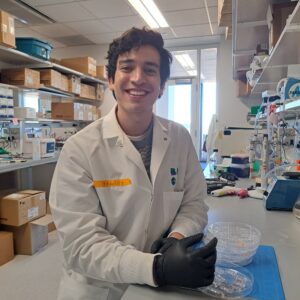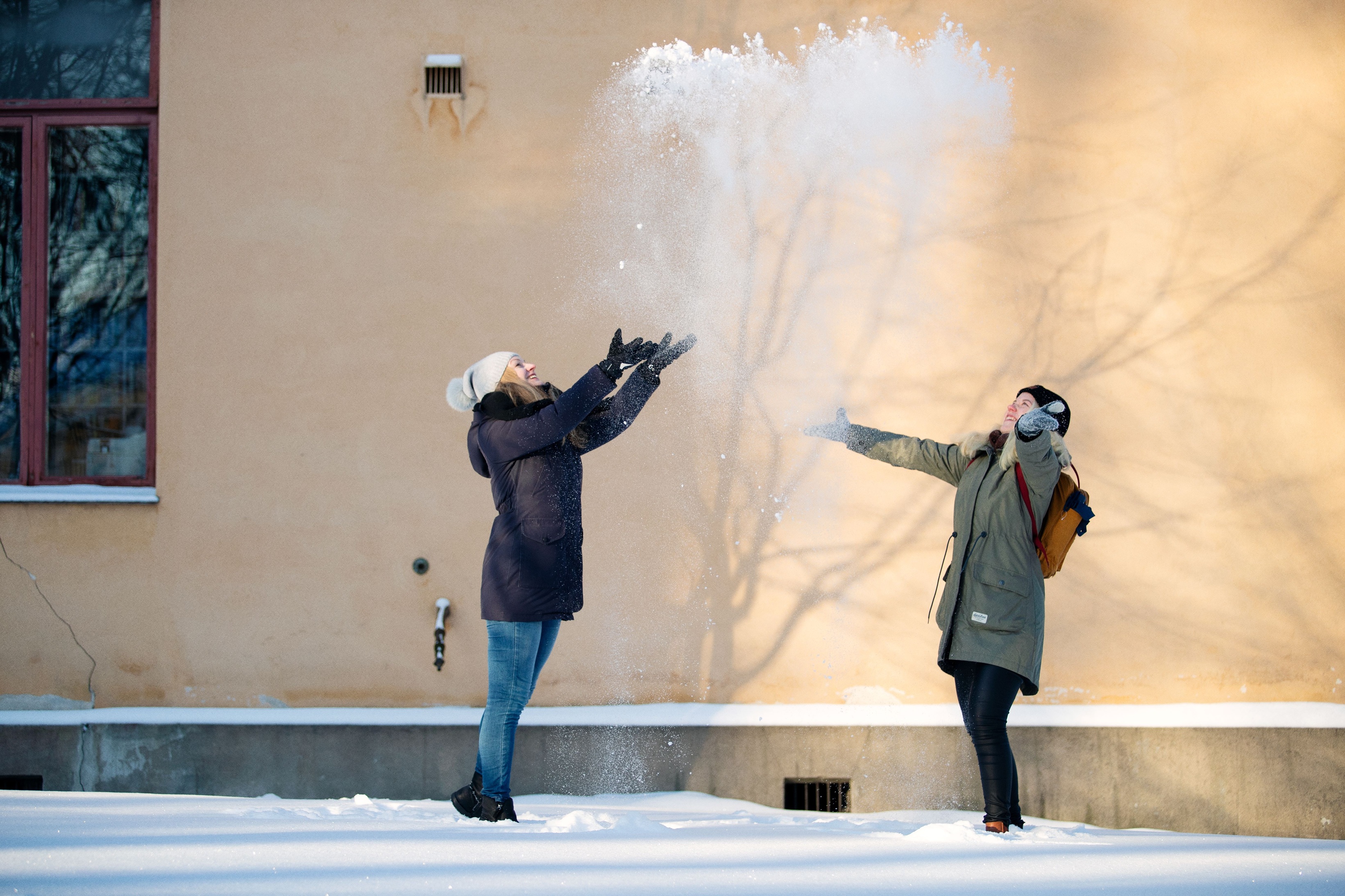
Press Release
Doctoral thesis on vascular cells ability to detect and respond to mechanical signals

M.Sc. Freddy Suarez Rodriguez’ doctoral thesis in Cell biology will be put forth for public defence at Faculty of Science and Engineering at Åbo Akademi University.
The thesis is entitled Vascular cells and mechanical signals. A study of the role of Jagged1 in vascular mechanosensing.
The public defence of the doctoral thesis takes place on Tuesday 17 December 2024 at 1PM in Stora Auditoriet, ASA building, Vänrikinkatu 3, Turku. You can also follow the defence online. Associate Professor Stephan Huveneers, University of Amsterdam, Netherlands, will serve as opponent and Professor Cecilia Sahlgren, Åbo Akademi University, as custos.
Summary
Cardiovascular diseases are the leading cause of death in the world, and their main risk factor is high blood pressure. In fact, mechanical cues from the blood flow act as function-regulating signals for vascular cells. Vessels are active structures; they can regulate their diameter by contracting or relaxing, regulate the passages of cells and substances across them, or even change their walls’ cellular and chemical composition (remodelling). Adverse changes in the mechanical signals lead to vascular wall inflammation, which, if prolonged, may result in atherosclerotic plaque formation. The growth and rupture of these plaques are ultimately responsible for most heart attacks and strokes, as they limit the ability of blood to flow into tissues, eventually resulting in their death. At the Cell Fate Lab, we specialize in studying Notch signalling, a cellular communication system necessary for vascular development. The lab has focused on Jagged1, an activator of the Notch receptor, so fundamental that its deletion in the vasculature of genetically modified mice results in death before birth.
This dissertation focuses on investigating the role of Jagged1 in the detection and response to mechanical stress from blood flow (hemodynamic stress). It was found that hemodynamic stress induces changes in how much Jagged1 is expressed, where it is expressed, and in its ability to activate Notch. It was found that the cytoskeletal protein Vimentin regulated its ability to activate Notch upon hemodynamic stress. The interaction between Vimentin and Jagged1 is so critical for vascular function that genetically modified mice lacking Vimentin excessively remodel their arterial walls upon increased hemodynamic stress. Lastly, in the last study of the dissertation, is shown the first evidence that Jagged1, independently of its canonical role as an activator of Notch, can transmit mechanical signals, transforming them into chemical signals inside vascular cells.
In conclusion, we found that vascular cells use the protein Jagged1 to detect mechanical signals. These mechanical cues, in turn, alter Jagged1’s ability to signal to other cells and regulate arterial remodelling
Freddy Suarez Rodriguez can be reached by email fsuarezr@abo.fi.
The doctoral thesis can be read online through the Doria publication archive.
Click here for a press photo of the doctoral student.
Instructions for following the doctoral defence remotely:
To follow the defence, you need the Zoom software or the Google Chrome browser. You do not need to create a Zoom account to follow the defence. If you install the application, you participate by clicking on the meeting link, after which you should allow the link to open in the Zoom app.

